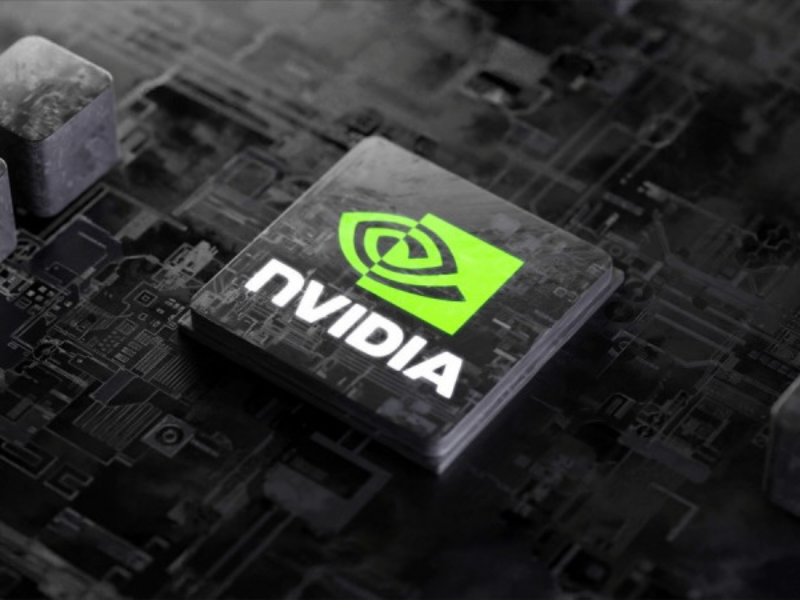- The UK unveils the £10M($12.6 million) Isambard-AI supercomputer, powered by Nvidia Grace Hopper Superchips
- This cutting-edge system drives AI innovation and sustainability at the National Composites Centre
What happened: UK launches Nvidia Grace-Based supercomputer
The UK has introduced Isambard-AI, a new Nvidia Grace-based supercomputer built with cutting-edge Nvidia GH200 Grace Hopper Superchips and hosted at the National Composites Centre in Bristol. Valued at £10 million($12.6 million), the system represents a critical leap in AI research infrastructure, achieving over 21 ExaFLOP/s of AI-specific computational performance. Developed in partnership with Nvidia, Hewlett Packard Enterprise, and the University of Bristol, Isambard-AI leverages advanced liquid-cooling technology and a heat reuse model to align with national sustainability goals. This project is expected to drive innovations in fields such as drug discovery, robotics, and climate science. With its location at the Bristol and Bath Science Park, the supercomputer strengthens the UK’s position as a global leader in AI and high-performance computing.
“Energy-efficient supercomputing is crucial for tackling global challenges while minimising environmental impact,” said John Josephakis, global VP of sales and business development for HPC and supercomputing at Nvidia.
Also read: Supreme Court poised to decide fate of Nvidia securities fraud case
Also read: Amazon challenges Nvidia to offer free computing resources
What it’s important
The launch of the Nvidia Grace-based Isambard-AI supercomputer marks a pivotal moment in the UK’s drive to lead in artificial intelligence. Globally, AI research has become a linchpin of economic and technological advancement, with nations like the US and China heavily investing in AI infrastructure. For example, China’s Dawn Light supercomputing platform has facilitated breakthroughs in weather forecasting and genomics, underscoring the transformative power of AI in applied sciences. The UK’s Isambard-AI, with its focus on sustainability, offers a unique edge by combining high-performance computing with environmental responsibility, potentially influencing future global standards in AI design
This development also highlights the growing need for smaller enterprises to access such powerful computing resources. Many startups, such as biotech company Oxford Nanopore, struggle to afford dedicated supercomputing systems. By offering shared access to Isambard-AI, the UK government can enable smaller companies to scale AI research and innovation, fostering a more inclusive tech ecosystem. This accessibility can level the playing field, ensuring that breakthroughs are not limited to tech giants like Google or Amazon.

